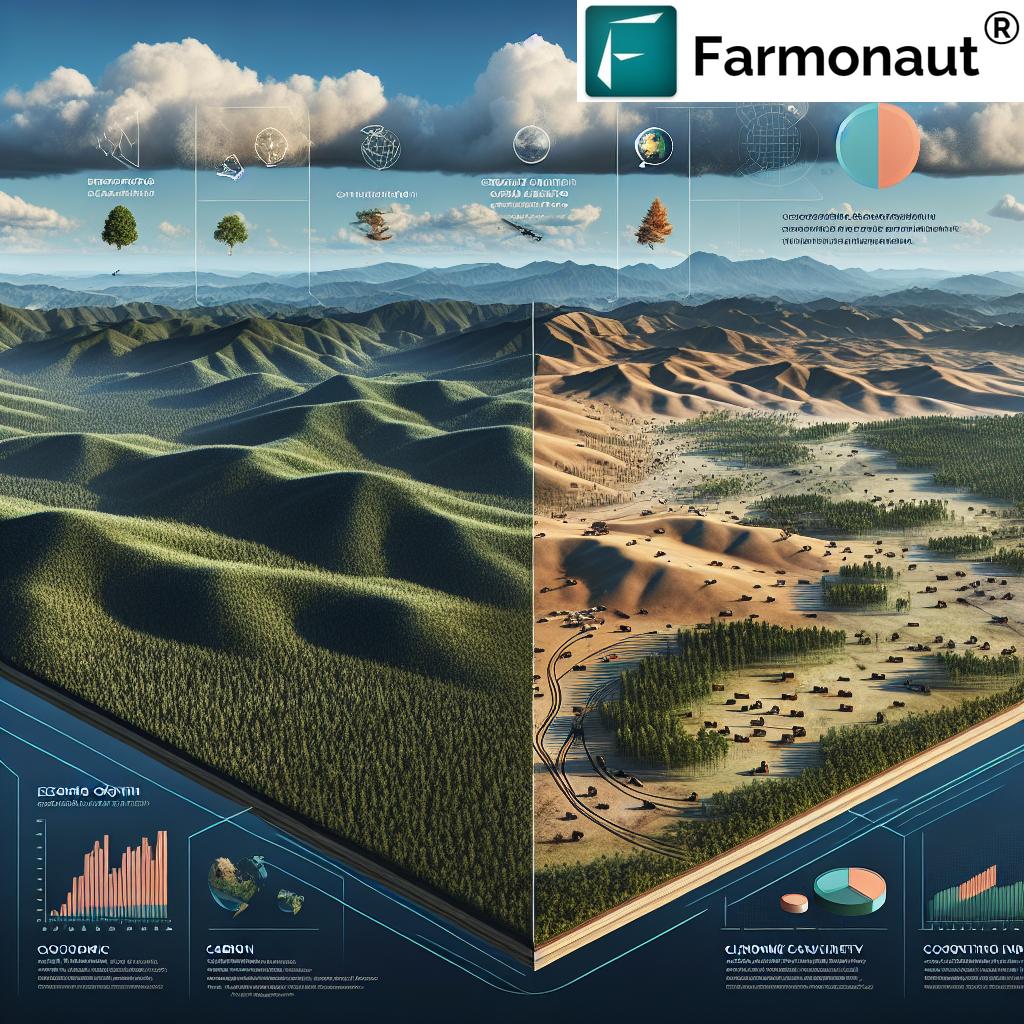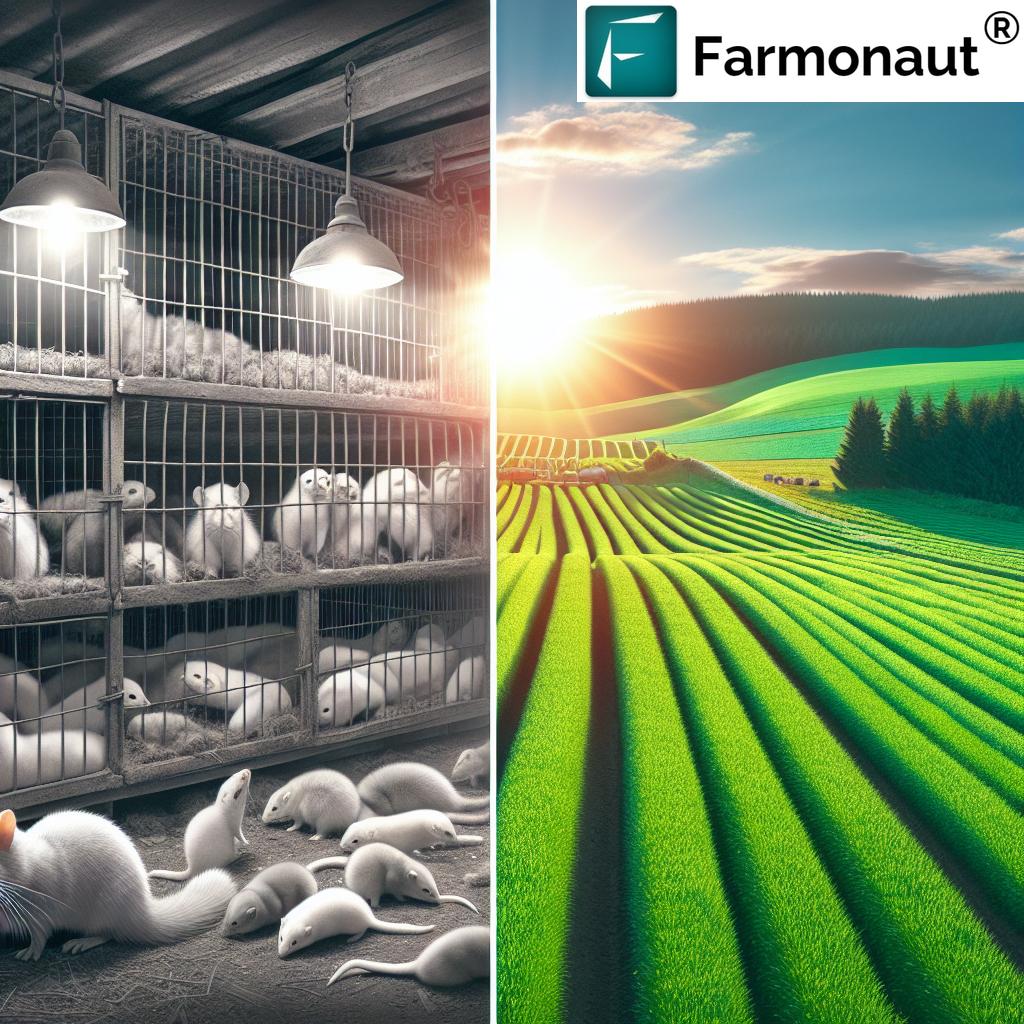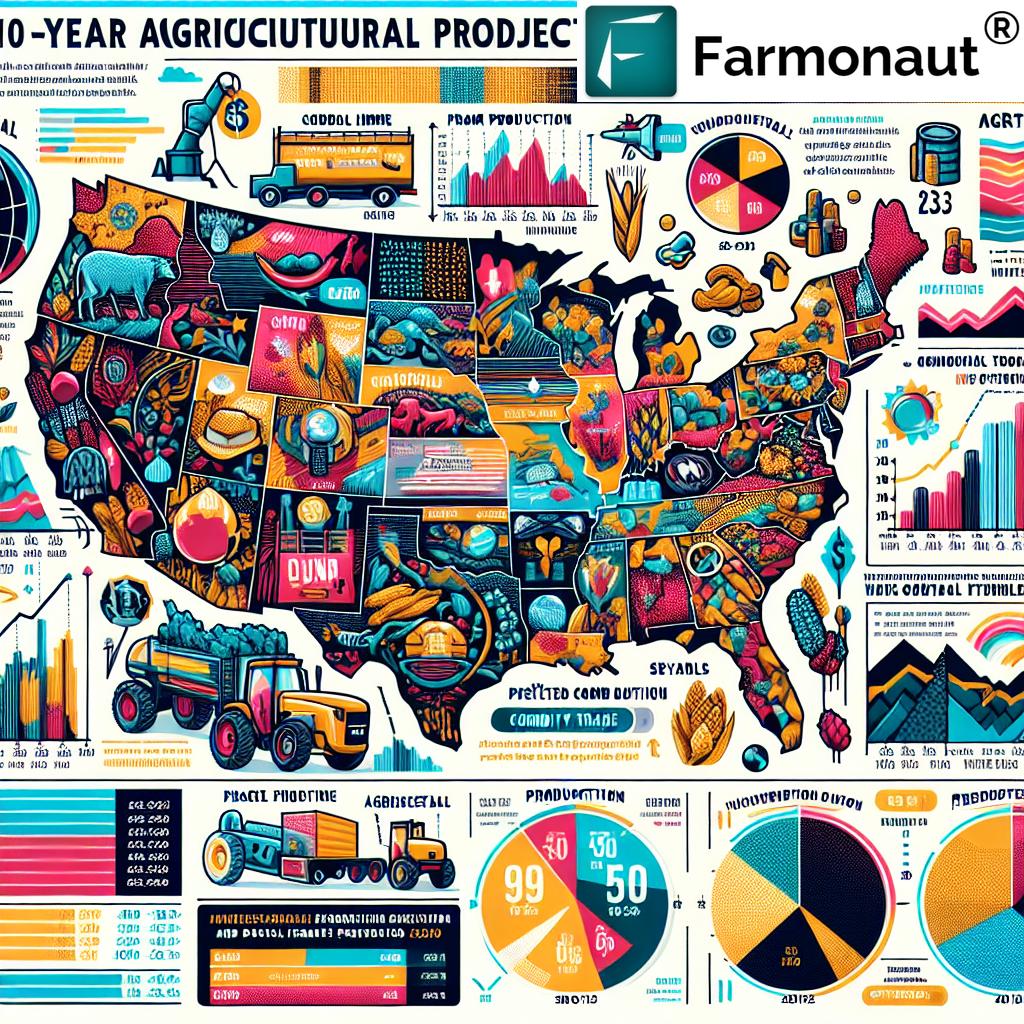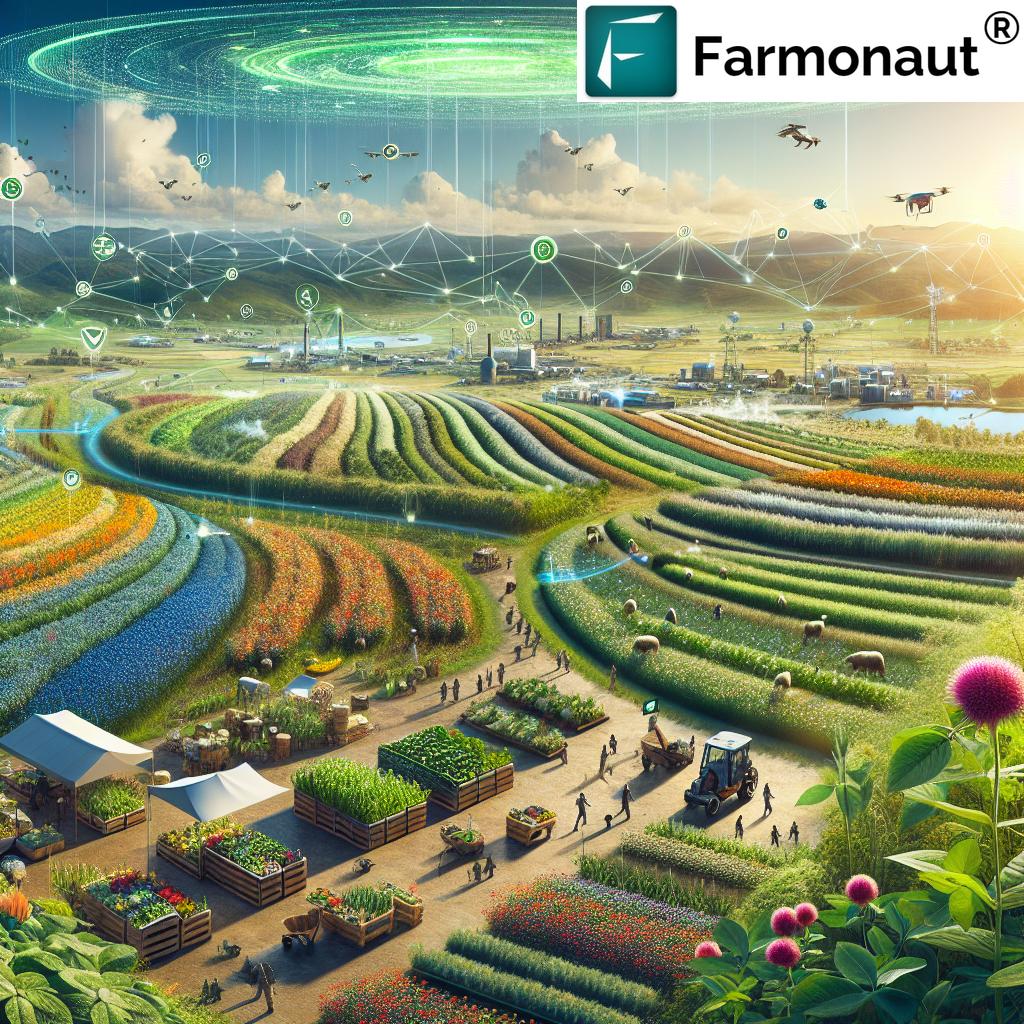Unlocking Amazon’s Potential: Groundbreaking Partnership Revolutionizes Sustainable Trade and Forest Preservation
BRASILIA / GENEVA – In a landmark move set to transform the Brazilian socio-bioeconomy and bolster Amazon forest preservation, a groundbreaking partnership has been forged between the International Trade Centre (ITC) and the Brazilian Agricultural Research Corporation (Embrapa). This collaboration aims to revolutionize nature-based products trade while championing Indigenous sustainable practices.
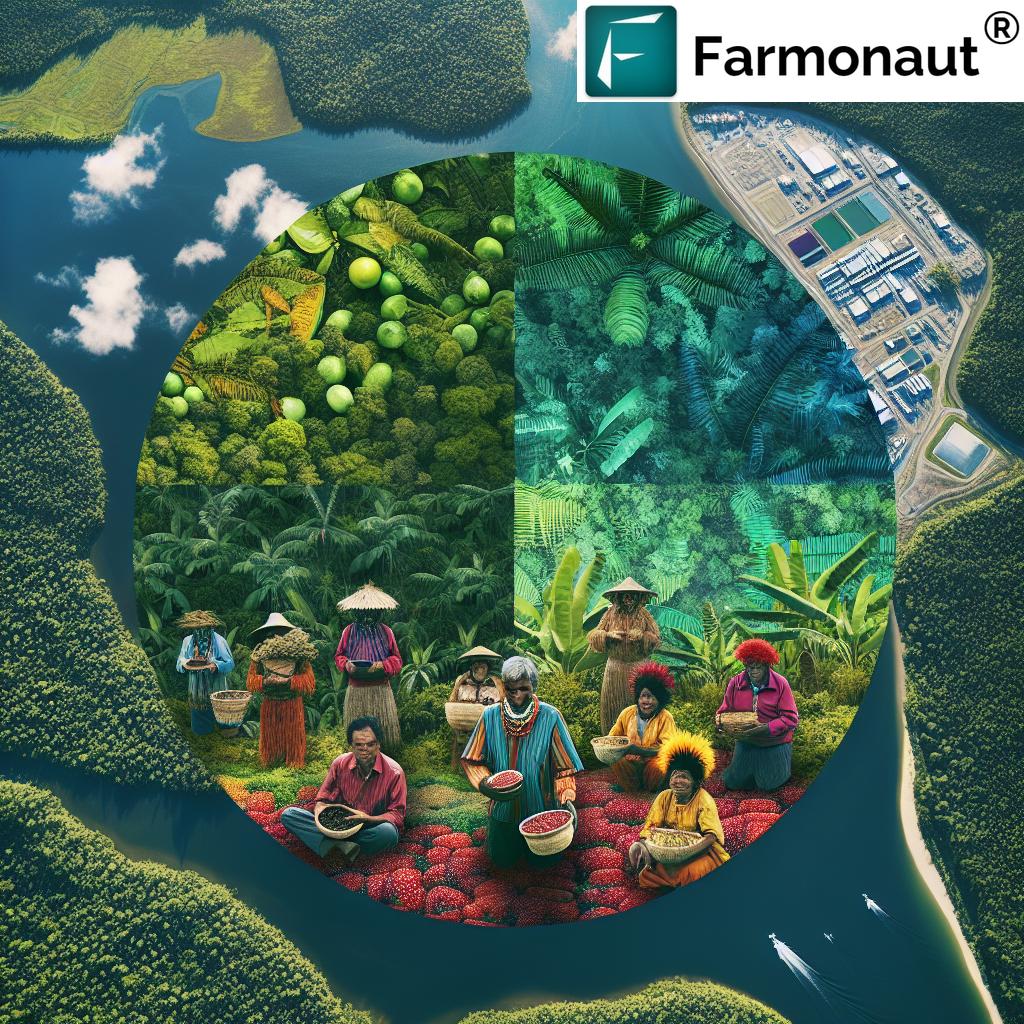
A New Era of Amazon Sustainable Trade
The Embrapa-ITC partnership, signed on October 22nd during the G20 Trade and Investment Ministerial Meeting, marks a significant milestone in the pursuit of sustainable Amazon development. This initiative aligns seamlessly with the G20 Bioeconomy Initiative Brazil, launched this year to promote economic growth while preserving the invaluable Amazon ecosystem.
ITC executive director Pamela Coke-Hamilton emphasized the partnership’s core focus: “The socioeconomic development of local communities and Indigenous Peoples is at the heart of this collaboration. By supporting them to share their long-held knowledge of sustainable practices, we can unlock the full potential of their nature-based products at the global level.”
Empowering Local Communities Through Nature-Based Exports
The partnership aims to boost socio-biodiversity product exports by equipping small businesses, Indigenous Peoples, and traditional communities with the tools and knowledge to produce and sell more nature-based products. This approach aligns with the growing global demand for sustainably produced goods and supports Brazilian socio-bioeconomy development.
- Develop sustainable socio-bioeconomy business models
- Promote social inclusion and biodiversity conservation
- Enhance food security and sovereignty
- Connect local producers to international markets
For those interested in leveraging technology for sustainable agriculture, check out the Farmonaut app:
Preserving Amazon Biodiversity Through Innovative Trade Practices
The collaboration between ITC and Embrapa comes at a critical time when the Amazon faces unprecedented threats. The risk of forest “dieback” due to deforestation and climate change looms large, with the 2024 drought affecting over 500,000 people in more than 100 municipalities. By fostering a sustainable socio-bioeconomy, this partnership aims to support Brazil’s zero-deforestation goal by 2030 while promoting Amazon biodiversity conservation.
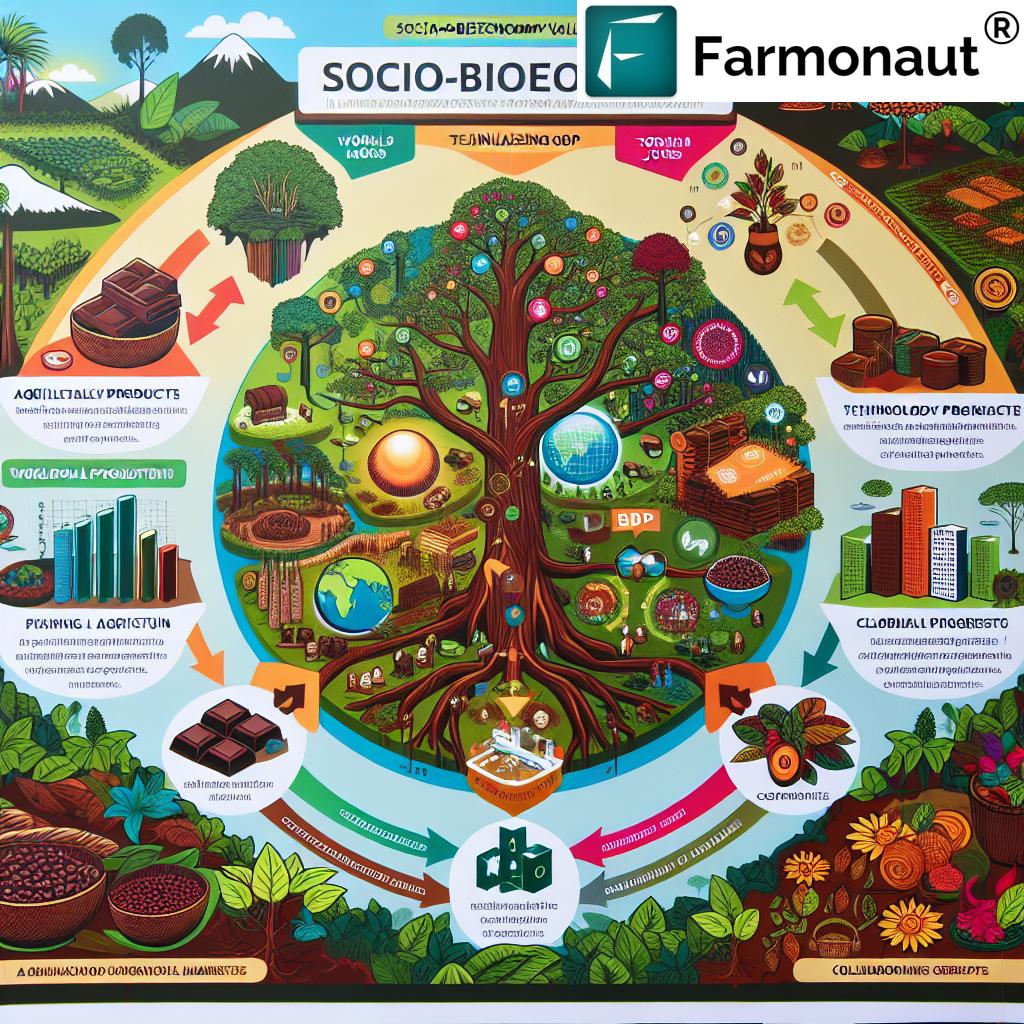
Key Areas of Cooperation
- Developing socio-bioeconomy business models
- Strengthening partnerships with cooperatives and financial institutions
- Providing technical assistance and capacity building
- Supporting small businesses in various skill areas
- Promoting resource efficiency and low carbon agriculture
Embrapa president Silvia Massruhá highlighted the organization’s commitment to research: “Our focus is on developing technologies that increase the added value of bioeconomy products, particularly in the Amazon, with an emphasis on sustainability and directly benefiting local populations.”
Economic Impact and Future Prospects
The potential economic impact of this partnership is substantial. According to the World Resources Institute, compared to “business as usual,” the deforestation-free, socio-bioeconomy business models could increase the Brazilian Amazon’s GDP by at least $8.2 billion per year by 2050. This growth would create thousands of sustainable jobs for local and Indigenous Peoples dependent on the forest for their livelihoods.
For those interested in leveraging satellite data for agricultural insights, explore the Farmonaut Satellite API. Developers can refer to the API documentation for integration details.
Challenges and Opportunities
While the partnership presents immense opportunities, it also faces challenges. Balancing economic growth with Indigenous forest preservation requires careful planning and execution. The initiative must navigate complex issues such as land rights, market access, and technological adoption in remote areas.
However, the potential benefits far outweigh the challenges. By promoting nature-based product exports and supporting Indigenous sustainable practices, the partnership can create a model for sustainable Amazon economic growth that other regions might emulate.
The Role of Technology in Sustainable Development
Technology will play a crucial role in realizing the goals of this partnership. From remote sensing for monitoring forest health to digital platforms connecting local producers with global markets, innovative solutions will be key to success.
Farmers and researchers can leverage mobile apps for precision agriculture and sustainable practices. Download the Farmonaut app for both Android and iOS devices:
Conclusion: A New Chapter in Amazon Sustainability
The partnership between ITC and Embrapa marks a new chapter in the quest for sustainable Amazon development. By focusing on Brazilian socio-bioeconomy development and promoting Amazon sustainable trade, this initiative has the potential to transform the lives of local communities while preserving one of the world’s most critical ecosystems.
As the world watches this groundbreaking collaboration unfold, it offers hope for a future where economic prosperity and environmental conservation go hand in hand. The success of this partnership could set a precedent for sustainable development initiatives worldwide, proving that it’s possible to unlock economic potential while safeguarding our planet’s invaluable natural resources.
This article is part of our ongoing coverage of sustainable development initiatives. Stay tuned for updates on the progress of this transformative partnership and its impact on the Amazon region and global sustainability efforts.





